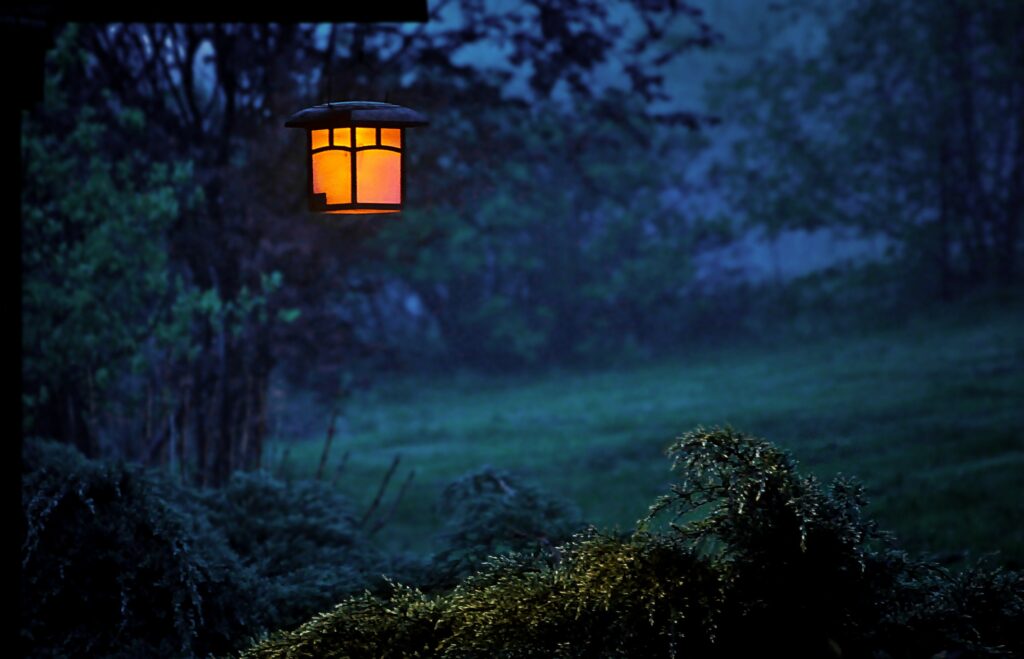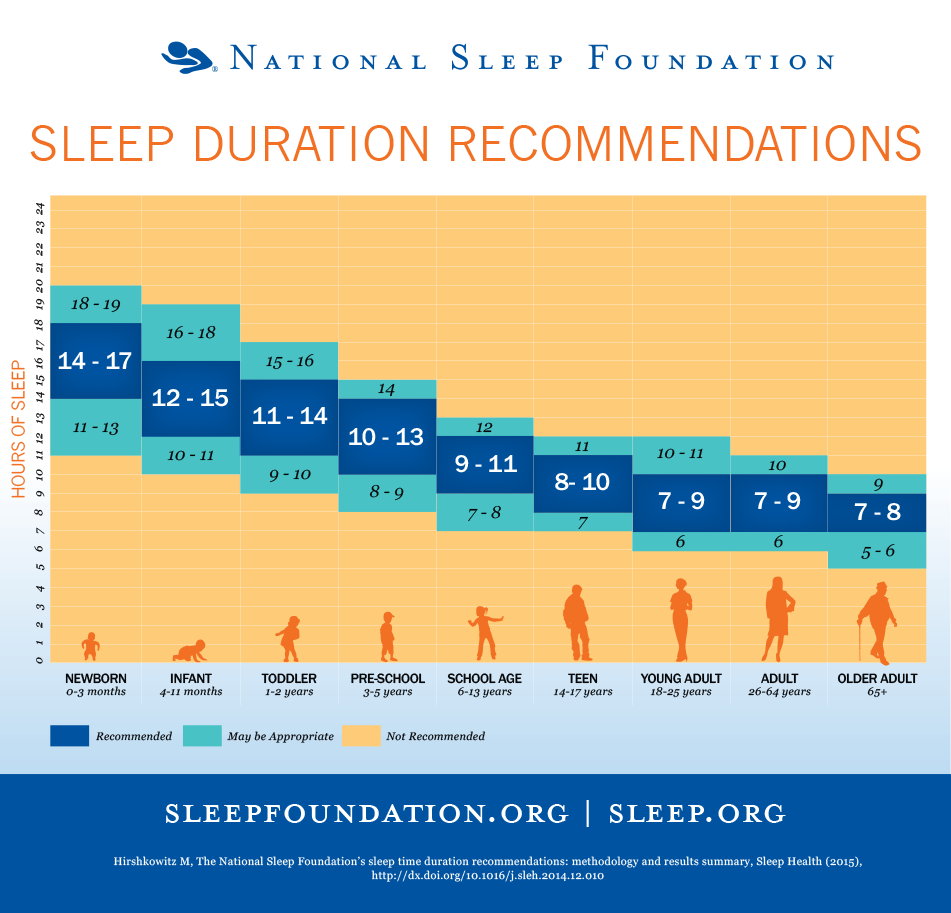
Sleep deprivation (from eg when you first become a parent) is intense, and for someone who loves their sleep (in this case, me!), when my kids were first born, the impact of not getting a full night’s sleep hit me very hard. I often drop into a conversation early that my boys are twins (see, there it is!) as a way to demonstrate that at times, regular issues for me are in bold font; not doubly hard necessarily, just amplified! I flash back to one bold font moment: it’s 2am. I am awake with two crying babies and it occurs to me: this sucks. Being awake at this time of night is the worst. Turns out, science thinks so too…

Sleep is crucial for our brain and our wellbeing so it is no surprise that when we don’t get enough, it can send us a bit loopy.
As children become teenagers, their rapidly developing bodies still need all the sleep they can get, however this is in total conflict with them socially as they discover the joy (and pain) of staying up late and having to wake early (eg for school) and it is easy to see that sleep problems can arise in this age group. Check out the Sleep Health Foundation poster to see the recommended numbers of hours sleep we all need, and see how you (and your children) compare. As adults, we recognise the importance of sleep, and as parents, we must help our children and teens establish good sleeping habits. This is very challenging when technology calls to them at all hours.
One study in Melbourne found that consistently not sleeping well is a risk for our children developing anxiety and depression. For anxiety, they assert this can become a vicious cycle: where sleep deprivation can cause anxiety and anxiety can cause sleep deprivation. Wow, that sucks too. The study looked at how practicing mindfulness could help break this cycle. This group of young people were already identified as at-risk of anxiety issues, and introducing them to mindfulness practice (and sleep education) gave them practical tools that helped reduce their anxiety and improved their sleep. Matt Walker declares sleep as a superpower, but I think mindfulness is too! There is significant evidence-based research that supports various practices of mindfulness not just for young people, but all of us. It can even change our brain activity and overall an improved sense of wellbeing. This superpower is also thought to potentially increase resilience to anxiety and depression. Greater wellbeing coupled with sleep education is a genius combination to helping our children (and ourselves) sleep better and keep the anxiety demons at bay.
So if you have to be up all night – be it for babies who don’t sleep, finishing an assignment for uni or work, or even going to see your favourite electronica artist whose set doesn’t start til 1am…(guilty on all counts!) – try not to make a habit of it. Factor in recovery with some early nights and healthy home cooked meals. Add in some mindfulness practice. Your brain and wellbeing will thank you.
You can read more information about the Melbourne SENSE Study program here
The following video explains the benefits of a good night’s sleep – reminding us that sleep is a critical function of living! It is not ‘lost time’…
Another fab video: a TED talk by Matt Walker, Sleep is your Superpower – it is a 19 minute talk but worth it (watch on double speed to get through it faster – it is just as good).